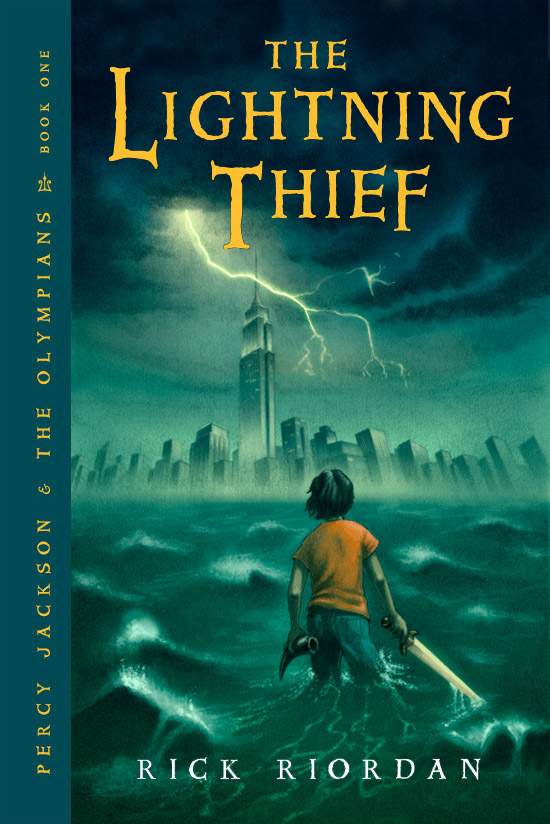Kafka On the Shore by Haruki Murakami
Friday, February 26, 2010
(Originally printed in the FEU Advocate August 2007 issue as part of the Refreshments review corner. Republished with certain edits and changes for consistency with this blog’s other book reviews and, of course, applying the virtue of hindsight)
Living is mechanical. Everyday feels like a routine, making ourselves our own slavedrivers. Yet we say we are free, but how free are we if a pre-established ‘morality’ and ‘ethics’ are shoved to our faces? Is existence compelled to destiny?
Author: Haruki Murakami
Translator: J. Philip Gabriel
Published: English language release on 2005
New York Times 10 Best Books of 2005, World Fantasy Awards
Synopsis
Kafka Tamura is a fifteen-year old boy determined to leave his father’s jurisdiction. He ran away with a rucksack and money he has been saving for quite some time. Along the way, he meets Sakura who might be his sister, and Ms. Saeki who just might be his mother. Kafka eventually nurtured a seemingly Oedipal complex as his feelings towards Ms. Saeki develops during his short-lived stay in her private library.
Concurrent with Kafka’s wandering is Nakata, whose existence roots deep with Kafka. Nakata ‘was’ smart, but something happened during the war which rendered dim-witted. He has never recovered or matured intellectually, surviving merely from a subsidy, which he calls ‘sub city’, from the City Mayor. Every day seems like yesterday until the good-natured Nakata felt compelled to stab Johnnie Walker—yes, the fine whisky is a character. Running away from the police, Nakata is obliged to meet Kafka, with Ms. Saeki’s private library as rendezvous.
As Kafka and Nakata ran, destiny weaves them both in an indefinite tangle.
Reading Experience
Murakami’s writing is vividly unique. His storyline delivery has a consistent shifting of the two primary characters’ viewpoint. This is not confusing to the reader, but it’s like closing your mouth after noticing that it has been hanging open for awhile. Like a full stop, turn left, another full stop, this time turning right. This style, at times, may make you drop the book for a certain number of hours, days or even weeks before picking it up again until the characters have grown on you, and you feel their grip stronger than before.
But what is most unique in Murakami’s style is his characters. Apart from the obvious connection between Kafka and Nakata, other characters turn out to be deeply interconnected. This is also the book where I met Oshima, probably one of the most complicated contemporary literary characters I have encountered. Furthermore, the characters undeniably felt humane; they pee, they get aroused, masturbate and have sex. With such frames, Murakami was able to target consciousness expansion. He covered several moral sensitive areas of sexuality and individuality; politics, juvenile delinquency, crime, and even incest.
In Conclusion
Kafka on the Shore is probably one of the books close to the epicenter of magical realism. Such is delivered in varying ways; fishes fall from the sky, cats talk, a rain of leeches, dreams can be perpetrated, and a daunting shape-shifter exists.
Kafka on the Shore is probably one of the books close to the epicenter of magical realism. Such is delivered in varying ways; fishes fall from the sky, cats talk, a rain of leeches, dreams can be perpetrated, and a daunting shape-shifter exists.
Departing from the usual presentation of a fresh perspective on not-so-fresh issues, Kafka on the Shore bends your mind’s eyesight into a questioning state which will lead to a renewed outlook. It's a book bound to make you think, ponder, and interpret; a mental exercise for your imagination.


















